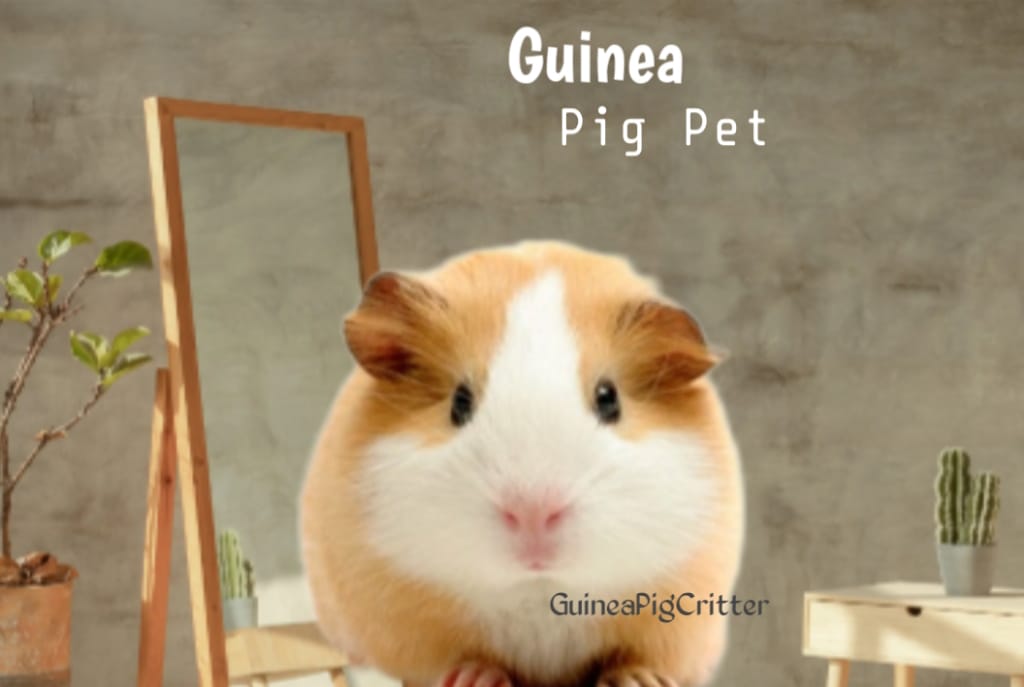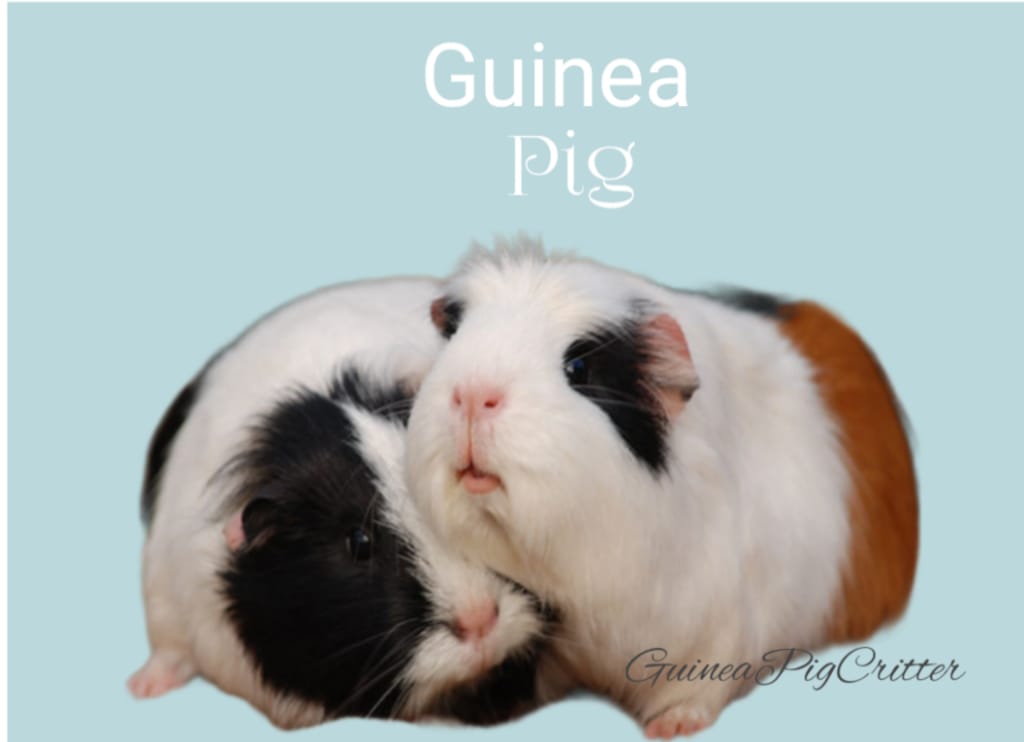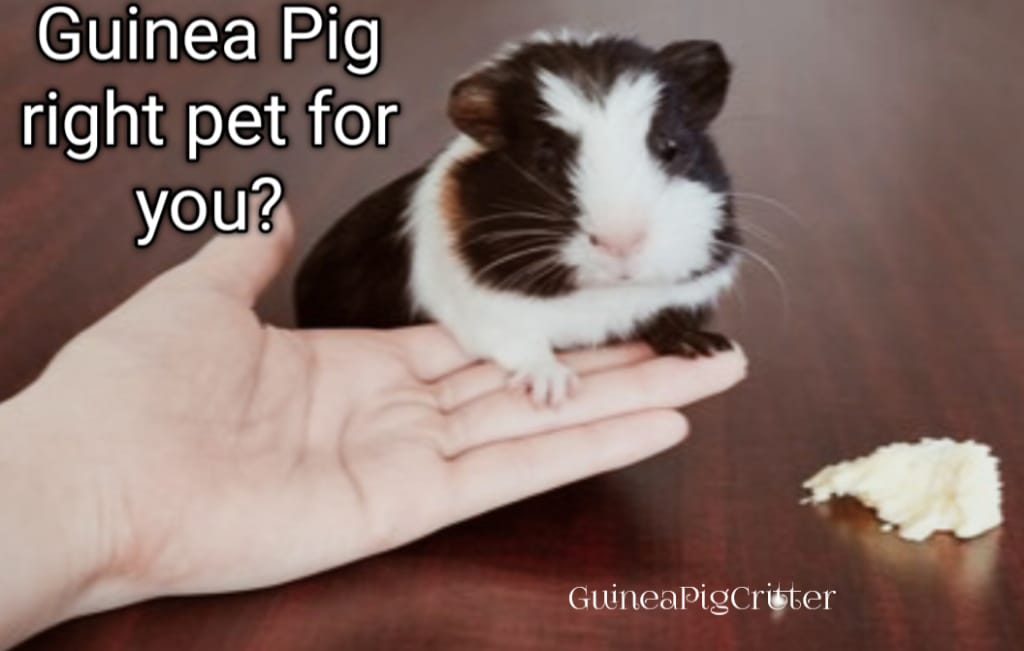Yes! Guinea pig right pet animals for you. Because is pet are very friendly nature and softly. It is difficult to pick a perfect pet, especially because there are so many lovely and distinct ones. One of the pets that attract most people is guinea pigs. These adorable animals with their gentle nature and soft looks easily win hearts of many.
However before you rush out and get a guinea pig it is important to know what it entails taking care of one.
So, Today’s Question is:- guinea pigs right pet for you?
What One Needs To Know About Guinea Pigs
Guinea pigs (also known as cavies) are small rodents native to South America, which have been domesticated since ancient times and are popular worldwide as pets. There are different species of guinea pigs that have varying distinctive features and appearances. Some examples include American, Abyssinian, Peruvian amongst others. Commonly male guinea pigs live up to age 5-7 years while others could go beyond this number if well taken care of.
Social animals, guinea pigs love being with people or other guinea pigs. They can be very loquacious and speak in different ways to show their desires or feelings.

Guinea Pig Temperament and Behavior
They are friendly and docile creatures which is why they make great pets for both families and individuals alike. Generally, they are not aggressive, seldom bite humans making them a safe option for homes where there are children. However, they need to be handled gently so as not to stress them up.
These small animals love the company of other guinea pigs. It is often recommended that guinea pig owners have at least two of them to avoid loneliness and also promote natural behaviors. Besides this, they interact with human beings quite well and it is possible for them to form strong bonds with their owners. Guinea pigs love being interacted with frequently hence the happy squeaks together with playful actions of these animals.
Care Requirements
Taking care of a guinea pig involves providing shelter, feeding them correctly, brushing off their fur regularly as well as physical exercises.
Housing Requirements: Guinea pigs should have a large cage that is spacious enough for them to move around freely. It is recommended that you go for a minimum cage size of 7.5 square feet for one or two guinea pigs. The floor of the cage should be firm and it must be lined with safe bedding like paper based or fleece bedding materials. Avoid cedar or pine shavings as they can harm guinea pigs.
Diet and Nutritional Needs: Hay, fresh vegetables and few guinea pig pellets are major components of a guinea pig’s diet. To maintain healthy digestion, hay should be available all the time. Essential minerals and vitamins are provided by fresh vegetables including cucumbers, leafy greens, bell peppers among others. Guinea pigs also require a source of vitamin C on daily basis; this could come from their diet or oral intake supplements.
Daily Care and Grooming: Cleaning their hair helps keep these pets clean and free from tangles. Those of long haired breeds may require more frequent brushing. Additionally, you will need to trim their nails regularly in order to prevent overgrowth. Provide clean water every day and sanitize their habitat weekly as well so as to ensure good health lives within it.
Exercise Needs: Guinea pigs are active animals and require exercise daily. Creating a safe, confined space where they can explore outside of their cage is essential for keeping them fit and satisfied. Also, toys and tunnels can help stimulate their natural curiosity and promote physical fitness.
Health Care And Veterinary
To maintain your guinea pig’s health you should take it to the vet on a regular basis as well as be aware of common health problems.
Common Diseases: Guinea pigs can have various diseases such as respiratory infections or dental problems or gastrointestinal stasis. For instance, if you notice that your pet sneezes frequently, has problems with breathing, loses weight or there is a change in its eating habits consult a veterinary promptly.
Routine Medical Check-Up: It is good to find vet that is used to treating guinea pigs and arrange to be having regular medical check-ups for them so as to keep an eye on them when they are healthy. This will enable early detection and treatment of health conditions thereby enhancing the longevity of the lives of those guinea pigs.
Signs Of A Healthy Guinea Pig: An energetic, alert appetite filled guinea pig with great fur – coat that shines brightly without any discharge from its eyes and nose. Monitoring their behavior and weight regularly helps identify potential issues before they blow out into full health complications.
Cost Matters
Owning a guinea pig entails both initial start-up costs and continuing expenses.
Initial Start-Up Costs: Initially setting up a home for guinea pigs can entail among others, cages, beddings, feeders, water bottles, playthings and grooming stuff. The cost can vary between $100 and $300 depending on the quality of supplies chosen.
Continuing Expenses: Examples include money for feeding, bedding and veterinary visits. Monthly prices may change but usually fall within the range of $20 to $50. It is advisable to cater for unexpected costs like medical emergencies that could go higher.
Unanticipated Expenses: Guinea pig’s veterinary care might be expensive especially if it is sick from any major problem. One should have a backup in case of financial mishaps.
Time Investment
Guinea pigs require daily commitment in terms of time spent taking care of them and interacting with them daily.
Daily and Weekly Care Routines: Each day they need to be fed on, fresh water provided as well as maintaining hygiene through spot-cleaning the cage. Every week you also clean the whole cage including trimming nails among other grooming procedures. Your guinea pig needs your attention every day to keep their social life intact besides their emotional health relying on this alone.
Commitment: Guinea pigs have a lifespan of 5 to 7 years. Therefore, be prepared for a long-term commitment. What is your lifestyle going to look like in the coming years? Are you capable of taking care of your pet throughout its lifetime?
Lifestyle Changes: Pet guinea pigs need consistent routine and attention every day. The schedule that you run on now and whether it can leave time and energy for their needs should be put into consideration. However, they are not as simple to maintain compared to other small animals and that’s where you should argue with yourself.
Space Restrictions
They require enough space in order to thrive.
Living Area: Make sure there is enough room within your house for an appropriate cage and play area for the pig. To avoid any cold air entering the cage, it must be placed away from direct sunlight at a quiet corner of the room.
In-house or Out-of-doors Accommodation: The best place for keeping guinea pigs is indoors where they are safe from extreme weather conditions and predators. Outdoor accommodation is dangerous because it requires a lot of safety measures so as not to attract any risks.
Play Spaces: In addition to having big cages, exercise areas are important for guinea pigs’ wellness. And this could be a playpen or simply a guinea pig-proofed living area where they can roam about without fear.

Pros and Cons of Owning a Guinea Pig
Owning a guinea pig has pros and cons.
Advantages:
- Guinea pigs are friendly and social animals.
- They have individual personalities and bond well with human beings.
- Compared to other small pets, they are relatively noiseless creatures.
- Raising guinea pigs may be a good option for children as it teaches them responsibility and empathy.
Potential Challenges:
- Guinea pigs require frequent grooming as well as veterinary attention.
- They require specific foods including a daily intake of vitamin C.
- Daily interaction is important for guinea pigs because they cannot be left alone for long hours.
- The initial setup cost, in addition to the ongoing care expenses; can accumulate over time.
Is a Guinea Pig Right for You?
Your lifestyle, preferences, and capacity to satisfy their demands must all be considered when deciding if you want a guinea pig or not.
Assessing Your Lifestyle and Preferences: Decide whether you will be able to provide the necessary care that a guinea pig requires in terms of time, space, resources. Also, think about your everyday timetable so that you see if can manage regular caring of them.
Comparison with Other Small Pets: Compare guinea pigs’ care requirements and temperaments with other small pets like hamsters, rabbits or gerbils. Each pet kind has unique needs and characteristics that may fit into your lifestyle or not.
Frequently Asked Questions (FAQs)
Can guinea pigs be left alone for a long time?
Guinea pigs should not be left alone for more than a day since they require daily care, fresh food, water and social interaction.
Do guinea pigs need a companion?
Yes, guinea pigs are social animals and do well when kept in pairs or small groups.
How to handle and bond with a guinea pig?
Handle guinea pigs softly and often in order to gain their trust. Play with them by giving them treats as well as talking sweet words.
Are Guinea Pigs Good Pets for Children?
Yes, Guinea pigs can make good pets for children however it is important for the adults to supervise on how they treat them so that they can learn from this experience. They can teach kids about being responsible people as well as having empathy towards others
Conclusion
In conclusion, guinea pigs are delightful pets that take a lot of time, space and resources. These sociable creatures make great companions for your family and will definitely add excitement to your household. Nevertheless, it is vital to give a careful thought on what they need in terms of maintenance and if they fit into your way of living. Once the right choice has been made, you will be able to keep both yourself and the guinea pig healthy and well-being. Guinea pigs might be the best pet for you once you think that you are capable of meeting their needs thereby creating an environment full of care.


